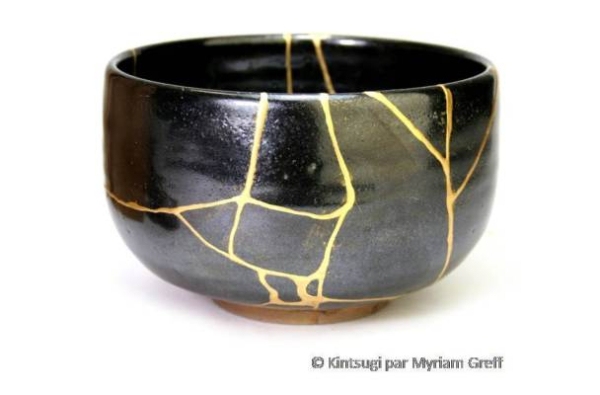Thursday was Yom Kippur, the Day of Atonement and one of the High Holy Days in the Jewish religion.
As part of the holiday, participants read a list of sins (available here), apologize for those committed, and ask for forgiveness. Read the list ... much has changed, apparently, human nature hasn't.
Even if you have managed to stay on the right side of the Ten Commandments and haven’t killed or stolen … you have most likely been frivolous, stubborn, hurtful, dismissive, or judgmental (I know I have …).
To help mark the importance of the day, participants read a poem called the Unetaneh Tokef. Below is a brief excerpt that captures the spirit.
Who will rest and who will wander, who will live in harmony and who will be harried, who will enjoy tranquillity and who will suffer, who will be impoverished and who will be enriched, who will be degraded and who will be exalted.
On one hand, you can read that and pray for Divine intervention (or perhaps favor) or you can recognize that we each have a choice about who we want to be, how we show up, and what we make things mean. Your choices about these things have very real power to create the experience and environment you will live in during the next year.
This year, the sermon at my local synagogue added an interesting idea. It discussed the Japanese art of Kintsugi. In Kintsugi, the Japanese mend broken pottery by gilding the fractures with gold, silver, or platinum. This treats the breaks and damage as an element that adds value and enhances the beauty of an object (preserving a part of its history) - rather than something that simply diminishes the object.

This concept is a great reminder as we unpack the "trauma" of COVID-19 and 2020 and move on both as individuals and as a society. Our steps backward are just as much a part of our journey as our steps forward. As you heal, it is also important to remember to heal the world around you as well. In the Jewish faith, that concept is called Tikkun Olam.
One of the themes of Yom Kippur is that you're only ever one good deed from tipping the scale towards good for yourself and others. As you recognize and repent for your sins, it's important to appreciate the good you did (and do) as well.
100 Days Left
There are just over 100 days before the start of 2022. Many will spend those 100 days stressing about the upcoming elections, grumbling about how 2020 sucked, and pretending it's the universe's fault they didn't accomplish what they set their mind to ... yet, 100 days is enough time to sprint, to make a change, and to end the year on a high note.
There is plenty of time to make this your best year yet. What can you do? What will you do?
I hope you all experience growth in your mental state, your relationships, and your businesses.
Best wishes for a great day, and an even better year!
Global Chip Shortage and Automakers
In August, I wrote about the technologies I thought would impact the world most over the next 5-10 years.
In that article, I also briefly identified the global chip shortage as a supply chain issue impacting millions of businesses, which could also become a significant barrier to businesses adopting A.I. at scale.
Let's talk a little bit more about the scale of the shortage.
Chips (or semiconductors) are used in substantially all the world's electronic devices – and the more complex machines can require not only more chips ... but also more complex chips. For example, a modern car can have anywhere from 500-3000 chips in them.
When the pandemic hit, consumer demand shifts meant that semiconductor manufacturing had to slow down - and a foreseeable consequence of those actions presents us with the inconvenient truth that scaling back production can take up to a year-and-a-half. With demand increasing, the supply vs. demand ratio is getting more out of whack.
Luckily for you, semiconductor manufacturers prioritize the more lucrative goods (like smartphones and other consumer electronics), but that means that it will be harder for small businesses to get them - and it's also severely impacting the automotive industry.
You'll notice that the most affected brands have more production in North America. The reason for that discrepancy is that U.S. manufacturers depend heavily on chips from Asia. The Senate has recently approved $52 billion in subsidies for N.A. chip manufacturing, which hopefully will lessen that dependence over time.
If you were already worried about the skyrocketing prices of houses, you should expect to see a quick rise in the price of vehicles as well.
Buyer beware!
Posted at 07:23 PM in Business, Current Affairs, Ideas, Market Commentary, Science, Trading, Trading Tools, Web/Tech | Permalink | Comments (0)
Reblog (0)